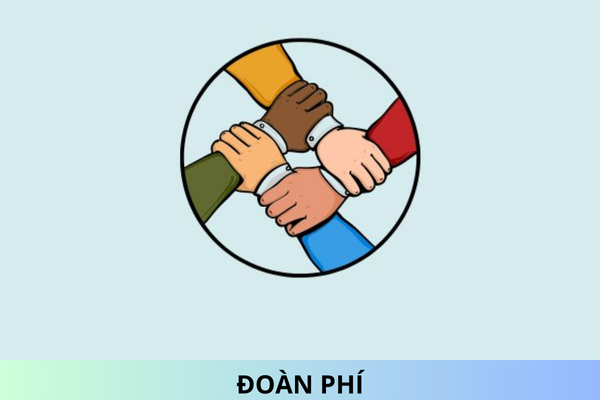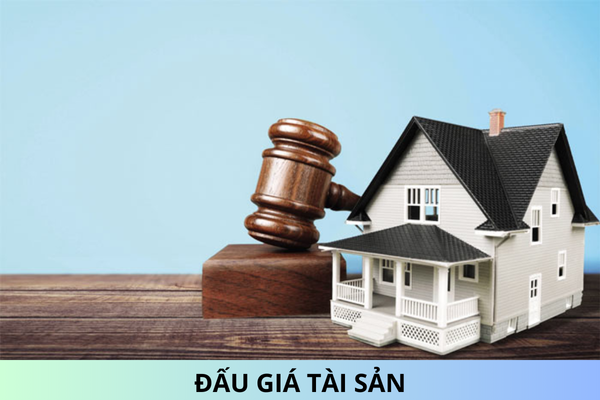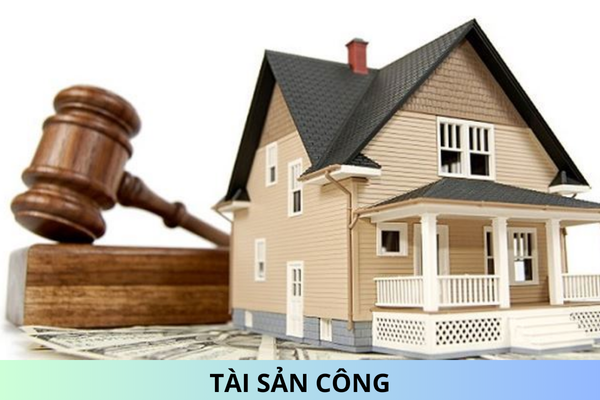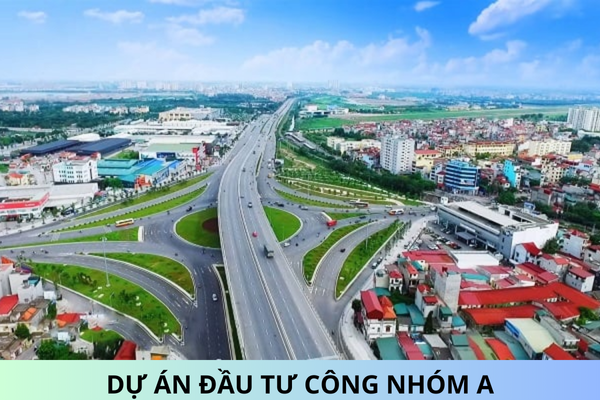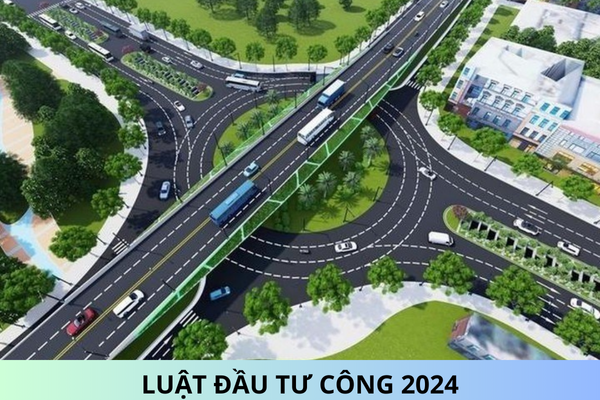What are regulations on state management of public property in Vietnam?
What are regulations on state management of public property in Vietnam? What are banned actions in management and use of public property in Vietnam? What are actions against violations of regulations on management and use of public property in Vietnam?
What are regulations on state management of public property in Vietnam?
Pursuant to Article 12 of the Law on Management and Use of Public Property in 2017 stipulating regulations on state management of public property in Vietnam as follows:
1. Promulgate and comply with regulations of legislative documents on management and use of public property.
2. Manage transfer of public property; invest in construction, purchase, lease, provide fixed funding for using public property; establish public ownership for property.
3. Manage the use, protection, maintenance and repair of public property; use financial resources obtained from public property.
4. Manage withdrawal, transfer, utility conversion, sale, liquidation, destruction and other forms to dispose of public property.
5. Compile inventories and make reports on public property.
6. Develop and operate information systems and national database on public property.
7. Carry out international cooperation on public property.
8. Manage and monitor exercise of rights and fulfillment of obligations of authorities and organizations in management and use of public property.
9. Inspect, audit, monitor, follow and assess the compliance with regulations of law on management and use of public property and actions against violations of regulations thereon.
10. Settle claims on management and use of public property.
11. Manage services related to public property.
12. Other contents prescribed in regulations of relevant law.
What are banned actions in management and use of public property in Vietnam?
Pursuant to Article 10 of the Law on Management and Use of Public Property in 2017 stipulating banned actions in management and use of public property in Vietnam as follows:
1. Take advantage of positions and power to illegally occupy and use public property.
2. Invest in construction, purchase, distribute, lease or use public property for the improper purposes and policies or exceeding criteria and norms.
3. Transfer public property to an organization or individual that exceeds the criteria and norms or has no demand for use of public property.
4. Use cars and other public property that are given by an organization or individual for the improper purposes and policies or exceeding criteria and norms.
5. Use or fail to use transferred public property resulting in waste; use public property for commercial purposes, for lease or for joint venture purposes that fails to serve purposes of use of the property and makes an adverse impact on implementation of functions and tasks assigned by the State; or use public property for illegal business.
6. Dispose of public property illegally.
7. Destroy or intentionally damage public property.
8. Occupy or use public property illegally.
9. Fail to fulfill all responsibilities or obligations in management and use of public property.
10. Other banned actions in management and use of public property as prescribed in regulations of relevant law.
What are actions against violations of regulations on management and use of public property in Vietnam?
Pursuant to Article 11 of the Law on Management and Use of Public Property in 2017 stipulating actions against violations of regulations on management and use of public property in Vietnam as follows:
1. Authorities, organizations and other entities that commit violations against regulations on management and use of public property shall be disciplined, imposed penalties for administrative violations or criminal prosecution depending on nature and seriousness of the violations; or shall compensate for damage to the State (if any).
2. Heads of authorities or organizations shall explain and take full responsibility or jointly take responsibility if there are any violations against regulations on management and use of public property happening at their workplaces; and they shall be disciplined or face criminal prosecution depending on nature and seriousness of the violations.
Best regards!
